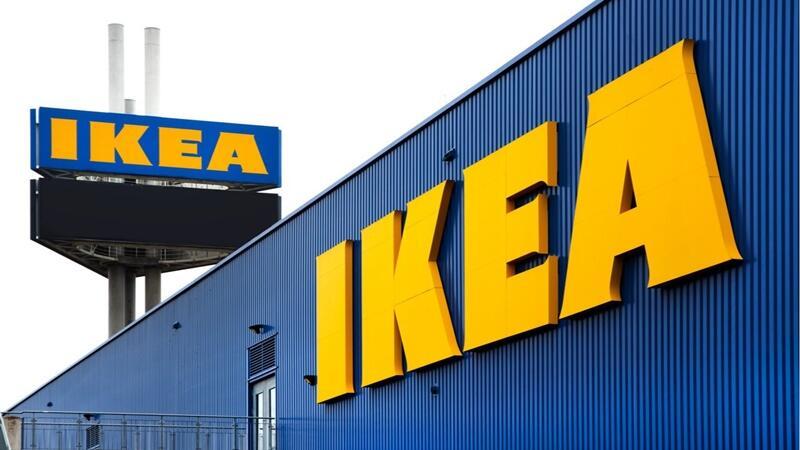
IKEA is Moving Its Production to Turkey Amid Global Supply Chain Challenges
Swedish furniture giant IKEA is moving its production to Turkey. The company plans to transfer more production to Turkey to lessen problems with global supply chains and rising transportation costs, the company’s chief financial officer for Turkey told Reuters on Oct. 6.
“Because of the transportation problems we had during the COVID-19 pandemic, we are trying to produce more in Turkey,” CFO Kerim Nisel told Reuters, without giving an indication of how much capacity is likely to be relocated.
“We all saw the importance of diversification in the pandemic,” Nisel said. “It may not be a smart move to manufacture products in one country and then try to distribute them around the world,” he continued.
Products that the company plans to manufacture and then export in Turkey, which includes armchairs, bookcases, closets, and kitchen cabinets, are currently being shipped from East Asia to the Middle East or Europe thousands of miles away.
There are seven IKEA stores in Turkey and the company is already exporting three times as much as it imports into Turkey, where it is now making textile, glass, ceramic, and metal goods exporting globally.
Nisel noted that the cost of a single container from East Asia increased from $2,000 before the COVID-19 outbreak last year to $12,000.
“It makes more sense to get them closer to the point of sale. So we really want them to be produced in Turkey,” he added.
IKEA’s decision is followed with similar moves by other European brands such as Benetton, which is moving production closer to home by expanding fabrication in Serbia, Croatia, Turkey, Tunisia and Egypt with the aim of cutting production in Asia by half.
Turkey, which is a bridge between Europe and the Middle East, says it is perfectly located to benefit from the shifts in global supply chains.
“Turkey, with its strategic location, was a strong sourcing alternative to the monocentric Asia-based production network of the pre-COVID era,” Turkish Vice President Fuat Oktay stated on October 4.
Although Turkey’s strategic location and strong manufacturing base can be beneficial, Nisel said protecting against fluctuations in the Turkish lira, which has fallen to near historic lows, is still a major challenge for retailers, at the same time high-interest rates reduce the cost of financing.
“It’s really challenging to hedge foreign exchange positions when interest rates are above 20%,” he said, noting that the company uses three- to six-month hedging contracts to balance out currency fluctuations. IKEA is Moving Its Production to Turkey
If you would like to read more about the Turkish furniture industry, you can visit our blog.
Source: Reuters

